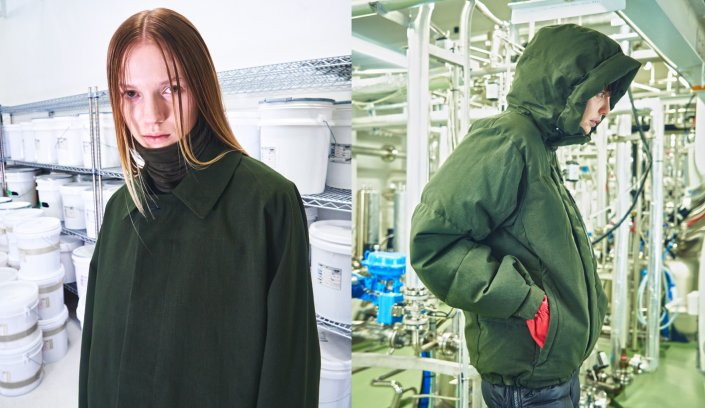
Major funding for Brewed Protein developer
ISO now recognises synthetically-produced protein as a new category of material.

15th April 2024
Innovation in Textiles
|
Tsuruoka, Japan
Spiber, headquartered in Tsuruoka, Japan, with manufacturing in Rayong, Thailand, has now secured funding of over JPY 10 billion to accelerate the mass production of its Brewed Protein materials, which have been developed and refined over the past 15 years.
In November 2021, the International Organization for Standardization (ISO) issued a revision to its definition of “protein fibre” in ISO2076. The term “protein fibre” now includes not only naturally-derived protein, but synthetically-produced forms and the minimum protein content required for fibres to meet this definition has now been set at 80%. With the publication of this standard, synthetic structural protein materials have for the first time been internationally recognised as a new category of material.
Spiber’s proteins are meticulously designed at the DNA level and manufactured through a proprietary microbial fermentation process with plant-based raw ingredients.
The company is engaged in numerous joint projects with apparel brands and other partners and the company will continue to strengthen its production system and R&D platform to meet the expected growth in demand and diversifying needs.
“We are grateful for the continued support and confidence from our investors, financial institutions and partner companies who deeply understand the value of our technology platform, development materials and business prospects,” said Spiber director and representative executive officer Kazuhide Sekiyama. “Despite the challenging fundraising environment for startups amidst the global economic landscape, we have been able to sustain our growth thanks to their recognition and expectations. We remain committed to the establishment and enhancement of the biotechnological foundations essential for realizing a circular society, as well as fulfilling our responsibility for social implementation as a frontrunner in this sector.”

Business intelligence for the fibre, textiles and apparel industries: technologies, innovations, markets, investments, trade policy, sourcing, strategy...
Find out more